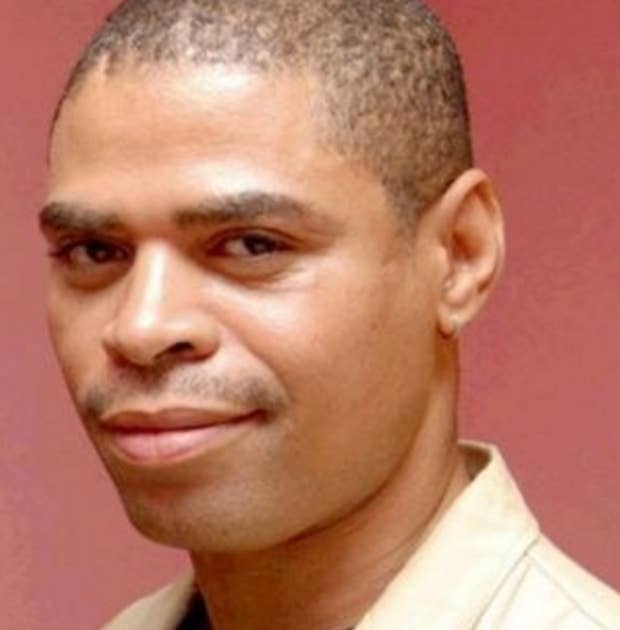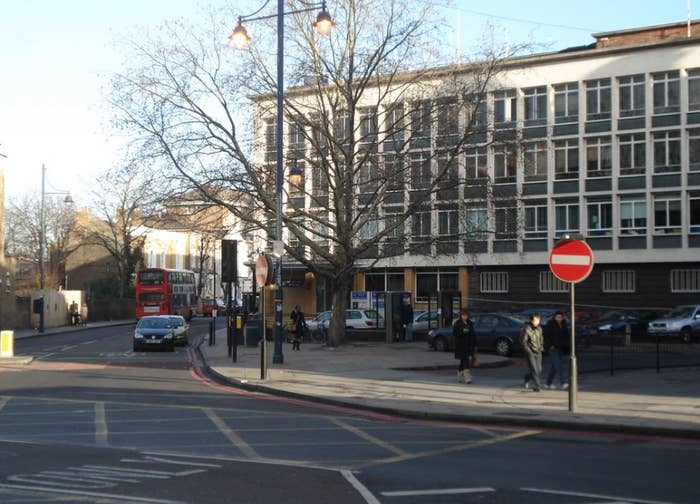
A police officer has been found not guilty of one count of perjury in his testimony at an inquest into the death of a mentally ill man in custody.
After a trial that lasted just over a week, a jury at London's Southwark crown court took less than three hours to reach their verdict that Sergeant Paul White did not deliberately make up evidence during the investigation into musician Sean Rigg's death at Brixton police station in 2008.
During the trial, the court heard that on two separate occasions – one in 2009, and the other in 2012 – White told the Independent Police Complaints Commission (IPCC) he left Brixton police station’s custody suite to check on Rigg's wellbeing and demeanour while Rigg was handcuffed in the back of a police van.
The jury were shown CCTV footage of the moments leading up to the 40-year-old's death, which does not appear to show White visiting him. During the clip, White could be heard saying, “the worst thing that happens if he dies, yeah … We’ll all be in the shit.”
Max Hill QC, prosecuting, argued this was proof White had lied to conceal the fact that he did not assess Rigg’s condition and welfare. Hill also alleged the evidence suggested White was concerned that his conduct and that of his officers would come under scrutiny in the event of a death in custody.
Patrick Gibbs QC, defending, told the court there was a "glaring flaw" in the prosecution's claim that White would've been in trouble for not checking on Rigg in the back of the van. He told jurors there was no regulation or guidance to suggest he was required to do so.

Gibbs argued that White's account of the events was accurate at that time, as he had made a note of the events on the custody record, which mentioned nothing about visiting Rigg in the back of the van.
The defence criticised the IPPC for questioning White about the events seven months, and then four years, after the night Rigg died. Gibbs told the court that White should've been asked to make a statement much closer to the night in question.
Gibbs said the incorrect accounts of events should've been challenged by the coroner, who would've known White's initial account did not line up with the CCTV footage. If White was shown the footage, Gibbs told jurors, he could have corrected and improved his account.
Expert witness Dr James Ost, an academic specialising in memory, told the court it was possible White's incorrect account of events was a product of "false memory" creation.
False memory is a psychological phenomenon in which a person recollects events that have not occurred, and is often the result of the confusion of different memories. As his incorrect version of events had never been challenged – even four years later – eventually White had an incorrect picture of events in his head, which he believed to be accurate, the defence argued.
"All this could've been avoided," Gibbs said. "If people had done their jobs right, we wouldn't be here."
On the day Rigg died, staff at his supported accommodation noticed his mental health had deteriorated and called the police.
Rigg was arrested after a struggle and taken to Brixton in a police station in the back of a police van where he was held for 10 minutes before being taken to a caged area inside the station, the court heard.
In a statement Marcia Rigg, Sean Rigg’s sister said that she was devastated by the verdict, but she will continue to fight for full accountability for those officers who were on duty at Brixton Police Station.
"That a custody sergeant can give false evidence in connection with a death in custody, something he accepts he did, is a shocking state of affairs. I await the MPS decision on disciplinary charges on this issue," she said.
"The fact that Sgt White’s defence rested on the failure of the IPCC to challenge his false evidence in March 2009 is a cause of significant public concern. The public is entitled to expect better from the police and those who are charged with ensuring police accountability," she added.
